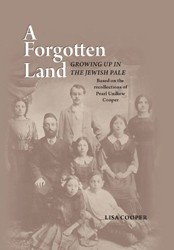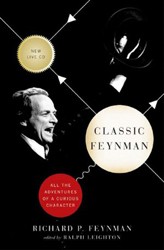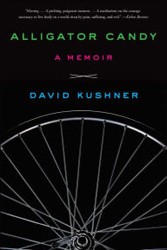By
– August 30, 2011
What does it mean to have the God-given gift of wisdom, to know everything? In his biography of King Solomon, Steven Weitzman, professor of Jewish culture and religion at Stanford, explores the ramifications of this gift as portrayed in the Bible and extra-biblical sources, providing a provocative, thoughtful, and “unauthorized” account of the king.
The life of Solomon is recorded in two biblical accounts — 1 Kings 1 – 11 and 1 – 2 Chronicles in a somewhat sanitized retelling. Despite many efforts to find the numerous building projects Solomon is said to have undertaken, archeology yields no evidence that they or the king himself ever existed. Scholars date the three books attributed to Solomon — Proverbs, Ecclesiastes, and the Song of Songs — to centuries after the king’s reputed rule. Yet extrabiblical sources abound, from a fresco in Pompey to the Rastafarian belief that Solomon and the Queen of Sheba had a child from whom the Ethiopian emperor Haile Selassie was descended to the search, cinematically and actually, for King Solomon’s mines.
Thus Solomon’s wisdom, his wealth, and even his wives have left an indelible stamp on Western culture. In his exploration of the king and his influence, Weitzman examines all aspects of Solomon’s legacy, both the positive value of the quest for knowledge and the dark side of seeking knowledge beyond human capacity — a warning sounded by the Talmud itself. Drawing all these strands together, Weitzman presents King Solomon as a parable, a mashal, that reconciles the Solomon of Kings and Chronicles with the Solomon of Proverbs, Ecclesiastes, the Song of Songs and extra-biblical sources and offers readers an opportunity to reflect on the place of wisdom as a human pusuit. Illustrations, index, sources.
The life of Solomon is recorded in two biblical accounts — 1 Kings 1 – 11 and 1 – 2 Chronicles in a somewhat sanitized retelling. Despite many efforts to find the numerous building projects Solomon is said to have undertaken, archeology yields no evidence that they or the king himself ever existed. Scholars date the three books attributed to Solomon — Proverbs, Ecclesiastes, and the Song of Songs — to centuries after the king’s reputed rule. Yet extrabiblical sources abound, from a fresco in Pompey to the Rastafarian belief that Solomon and the Queen of Sheba had a child from whom the Ethiopian emperor Haile Selassie was descended to the search, cinematically and actually, for King Solomon’s mines.
Thus Solomon’s wisdom, his wealth, and even his wives have left an indelible stamp on Western culture. In his exploration of the king and his influence, Weitzman examines all aspects of Solomon’s legacy, both the positive value of the quest for knowledge and the dark side of seeking knowledge beyond human capacity — a warning sounded by the Talmud itself. Drawing all these strands together, Weitzman presents King Solomon as a parable, a mashal, that reconciles the Solomon of Kings and Chronicles with the Solomon of Proverbs, Ecclesiastes, the Song of Songs and extra-biblical sources and offers readers an opportunity to reflect on the place of wisdom as a human pusuit. Illustrations, index, sources.
Maron L. Waxman, retired editorial director, special projects, at the American Museum of Natural History, was also an editorial director at HarperCollins and Book-of-the-Month Club.




